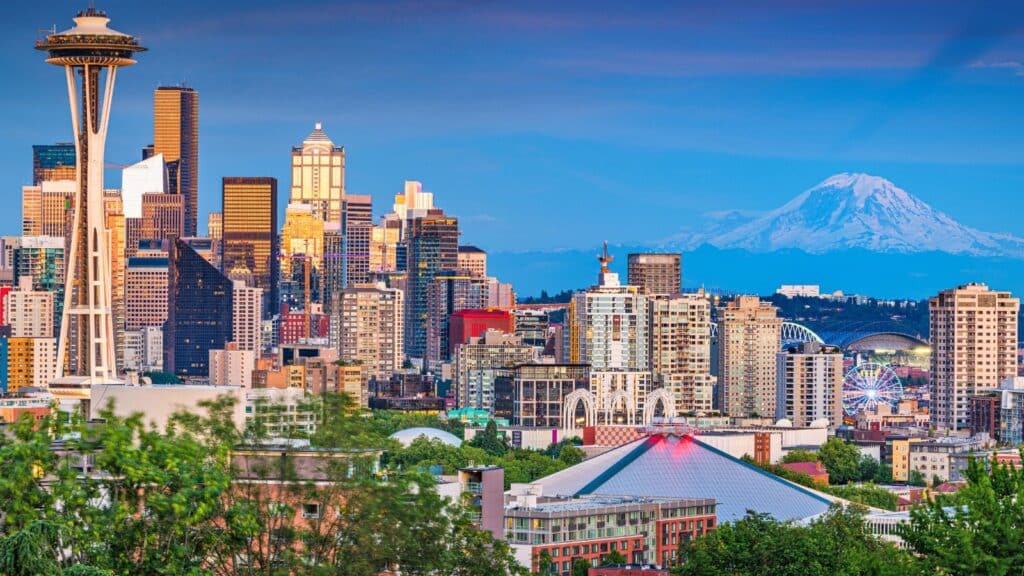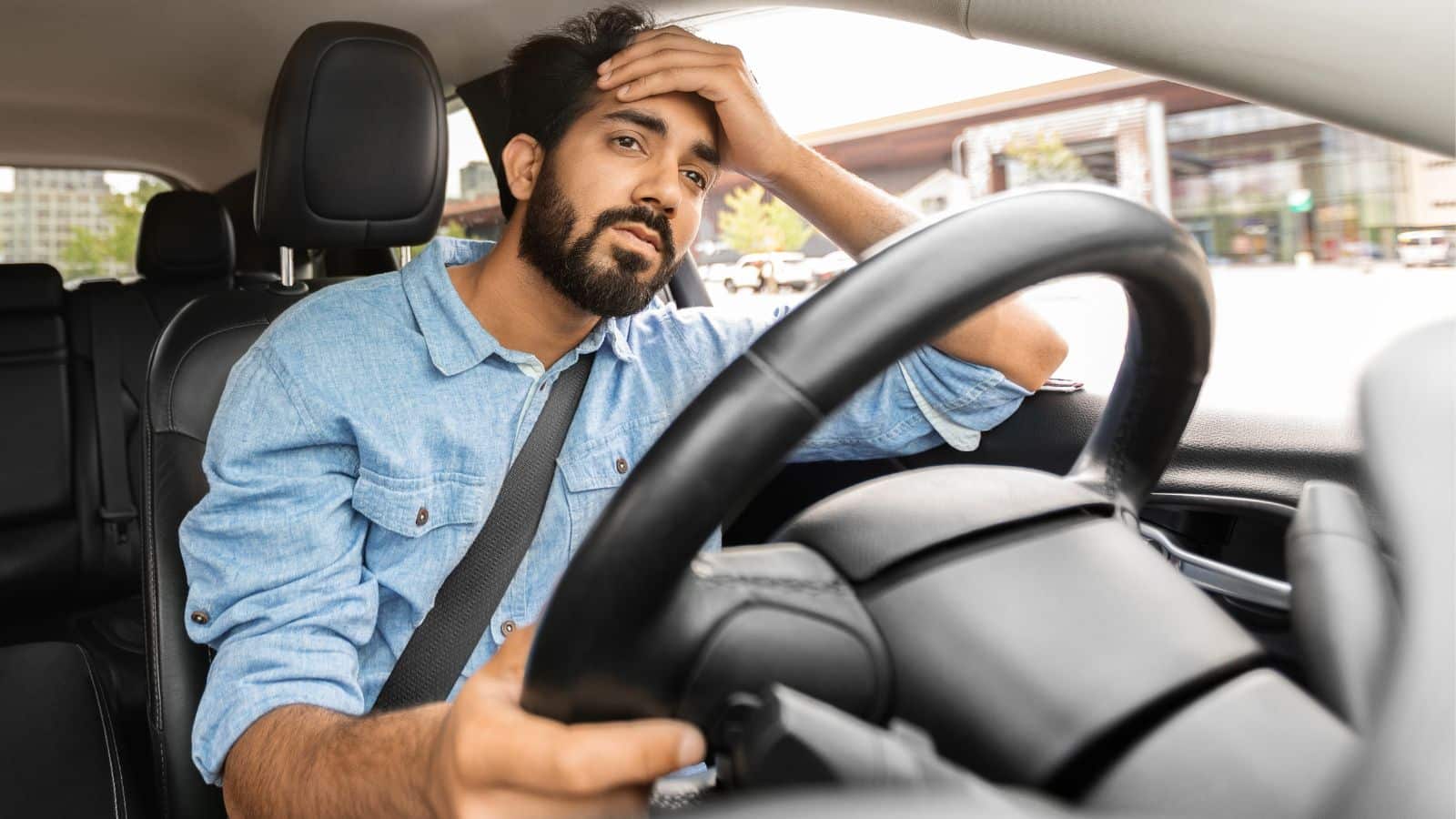Owning a car used to be a given, but in some U.S. cities it now feels like a luxury. Insurance, gas, parking, and repair costs combine to make driving more expensive than ever. For many residents, keeping a vehicle on the road.
New York City, New York
Between sky-high insurance rates and brutal parking fees, New Yorkers often question whether owning a car is worth it. Monthly garage rates can rival a second rent payment, and street parking fines add up fast. Public transportation is reliable enough that many ditch cars altogether. Still, families who need one often face huge financial trade-offs. It’s why so many New Yorkers proudly live car-free.
💸 Take Back Control of Your Finances in 2025 💸
Get Instant Access to our free mini course
5 DAYS TO A BETTER BUDGET
San Francisco, California
The Bay Area is one of the costliest places in the nation for drivers. Insurance premiums are high, fuel prices climb above national averages, and parking comes at a premium. Congested roads also mean wasted time and extra wear on vehicles. Residents often lean on public transit, biking, or car-sharing instead.
Los Angeles, California

Los Angeles is famous for its car culture, but that doesn’t mean ownership is easy. Insurance and maintenance costs are inflated by constant traffic and high accident rates. Parking fees at workplaces, apartments, and venues pile on top of the expense. Gasoline is also among the highest-priced in the country. For many Angelenos, rideshare and public transit are becoming more attractive options.
Chicago, Illinois
Harsh winters in Chicago mean cars take a beating, raising maintenance and repair costs. Insurance is higher than the national average, and parking in the city center costs a small fortune. Many residents spend hundreds each month just to keep a car downtown. Between snow-related damage and high fees, it’s an uphill financial battle. Some Chicagoans choose to live car-free in transit-friendly neighborhoods.
Boston, Massachusetts
Owning a car in Boston comes with challenges like high insurance rates, unpredictable winter weather, and limited parking. Street permits can be competitive, and garages are often prohibitively expensive. Add in dense traffic, and driving feels like a hassle on top of the financial hit.
Residents who can, rely on the MBTA to avoid the headache. Boston is one of the top cities where going without a car makes real financial sense.
Miami, Florida
Miami residents face high insurance rates due to storm risks, theft, and accident frequency. Parking downtown adds to the pain, especially in popular nightlife or beach areas. While gas is cheaper than in California, premiums still make car ownership tough for many.
Some residents choose scooters or carpooling instead. The cost of keeping a vehicle street-legal in Miami is far from cheap.
Seattle, Washington

Seattle drivers juggle high insurance premiums and pricey gas, along with frequent repairs caused by wet weather. Parking downtown is expensive and limited, pushing many residents toward public transit. Insurance rates are influenced by both congestion and accident claims.
Even when you find parking, the monthly costs can drain a budget quickly. For many, transit passes are a smarter investment.
Detroit, Michigan
Ironically, the Motor City is also one of the toughest places to afford car ownership. Michigan historically has some of the nation’s highest insurance rates, weighing heavily on drivers. Economic challenges mean repairs and upkeep are harder to budget for.
While cars are part of Detroit’s culture, the expense keeps many households stretched thin. Recent reforms have helped, but affordability is still a serious issue.
Look Into Alternatives
If car ownership feels unaffordable, look into alternatives that fit your city. Public transit, biking, and car-sharing programs can dramatically cut costs without eliminating mobility. Some households downsize to one vehicle instead of two, freeing up cash for other needs.
Choosing neighborhoods with strong transit options also helps reduce the reliance on cars. The best strategy is balancing convenience with affordability so you don’t feel trapped by car costs.
Like our content? Follow us for more!
The article 8 U.S. Cities Where Car Ownership Feels Unaffordable first appeared on Cents + Purpose.



